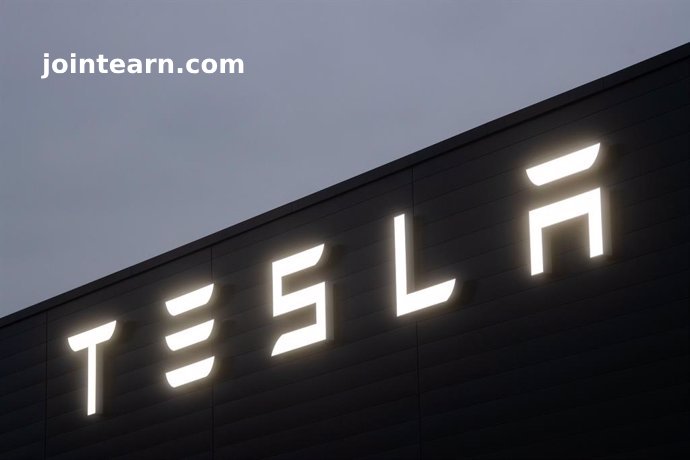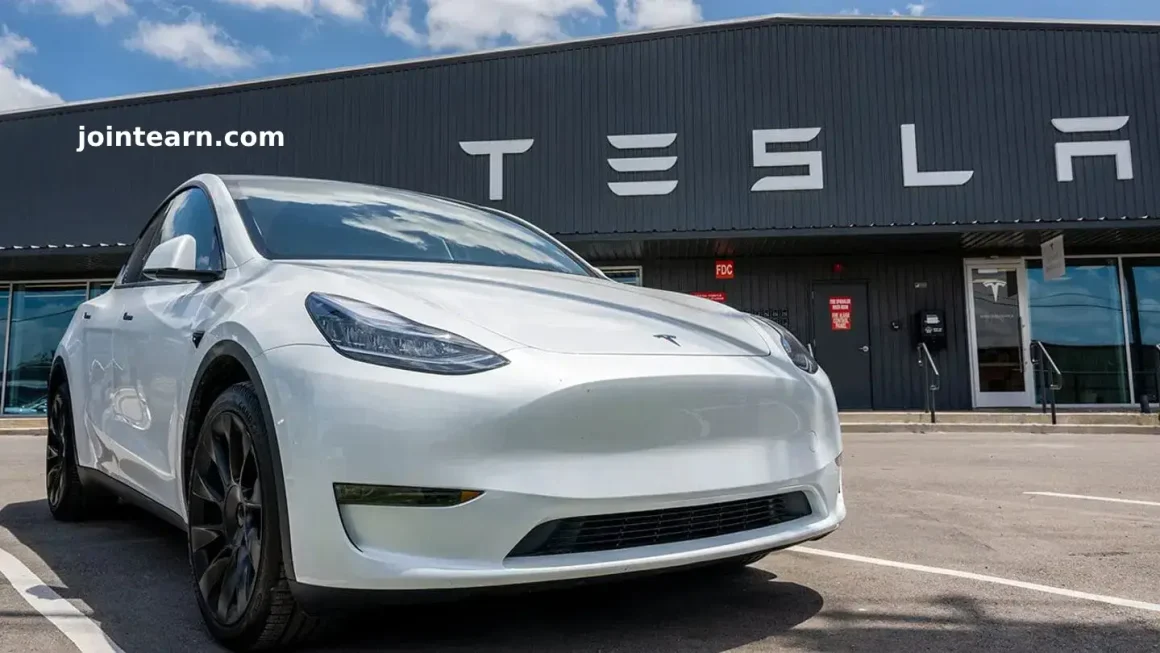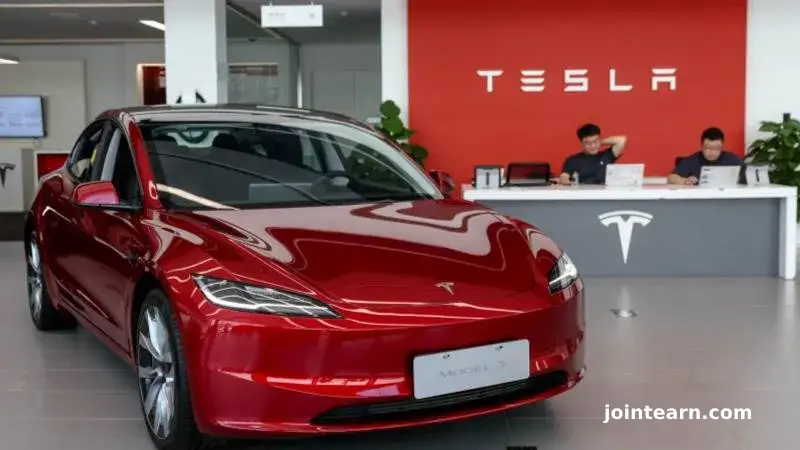In a dramatic turn for Tesla in 2025, the electric vehicle giant has reported its sharpest decline in profits since 2020—driven by CEO Elon Musk’s political entanglements and controversial role in the Department of Government Efficiency (DOGE) under President Donald Trump’s administration.
At the beginning of the year, Tesla’s stock price was riding high. Investors were banking on Trump’s second-term policies to favor Tesla and Musk’s broader empire. But less than four months later, Tesla shares have nosedived—down 45% since Trump’s inauguration—while profits and vehicle sales have tanked across major markets.
Tesla Profit Loss and Share Price Collapse
Tesla reported Q1 2025 profits of just $409 million, a staggering 71% drop from the $1.4 billion posted in the same quarter of 2024. The company’s revenue also fell short of Wall Street forecasts by over $2 billion, reaching only $19.3 billion, while operating margins plummeted to 2.1%, their lowest since Tesla neared break-even in 2019.
Sales declines were particularly severe in Europe and China, with a 45% year-over-year drop in European EV sales and a double-digit decline in China. Actual vehicle deliveries in Q1 came in at just over 330,000, a 13% fall, further illustrating the brand’s waning global traction.
Elon Musk’s Role in DOGE and Tesla’s Political Fallout
Much of Tesla’s downturn is being attributed to Elon Musk’s political alignment with the Trump administration and his high-profile leadership in DOGE. Appointed early this year, Musk’s role in dismantling federal agencies has drawn widespread backlash, including protests, brand boycotts, and even vandalism of Tesla facilities and vehicles.
Within a month of Musk’s DOGE appointment, Tesla’s share price dropped 16.5%. Two months in, it had fallen 45%. Musk himself has seen a personal wealth loss of $149 billion, per Bloomberg’s Billionaire Index, dropping from $449B to $301B.
Musk’s controversial statements, including harsh critiques of world leaders and provocative public appearances, have also fueled a growing anti-Musk movement globally—impacting Tesla’s brand perception and market confidence.
Tariffs and Supply Chain Challenges from Trump’s Trade War
Though Tesla manufactures in the U.S., it hasn’t escaped the Trump administration’s aggressive 25% tariffs on automotive parts. The company relies heavily on imported parts, including Chinese-made lithium iron phosphate (LFP) batteries and rare earth materials for its Optimus humanoid robots.
These new tariffs, along with China’s restrictions on critical minerals, have tightened supply chains and added cost pressure on Tesla’s production strategy.
Tesla Shares Rally Slightly After Musk’s DOGE Step-Back
Despite poor earnings, Tesla stock surprisingly rebounded, climbing over 7% in pre-market trading following Musk’s announcement that he plans to step back from DOGE to focus more on Tesla operations. Some analysts attribute the stock boost to bargain-hunting by bullish investors hoping the worst is over.
Still, analysts warn that Tesla’s long-term growth prospects remain uncertain, especially as competition from brands like China’s BYD continues to mount and market trust in Musk’s leadership erodes.
Conclusion: Tesla Faces Turbulent Future Amid Political Crossfire
With earnings at their lowest in five years and a tarnished brand reputation linked to Musk’s political actions, Tesla’s future looks rocky. As the electric vehicle pioneer battles headwinds from tariffs, protests, and internal investor unrest, the decision for Elon Musk to reduce his involvement in DOGE might be a necessary step to stabilize Tesla’s standing in the global market.












